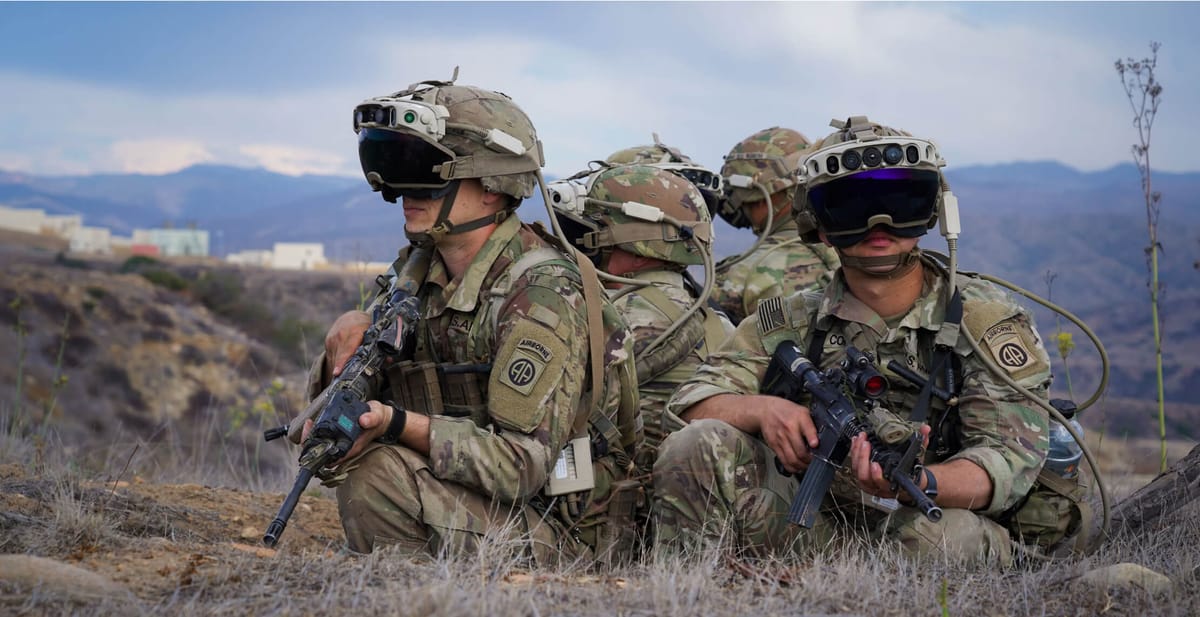
Meta has announced it will now provide its Llama models to US government agencies and defense contractors, marking a significant shift in how tech giants are approaching military applications of AI. The shift in policy comes as competition intensifies between the United States and China in developing advanced AI capabilities.
As an American company, and one that owes its success in no small part to the entrepreneurial spirit and democratic values the United States upholds, Meta wants to play its part to support the safety, security and economic prosperity of America – and of its closest allies too.
The partnership includes major players in the defense and technology sectors, with companies like Lockheed Martin, Palantir, and Microsoft joining forces to implement Llama in national security applications. These implementations range from aircraft maintenance optimization to mission planning and threat analysis.
"We're partnering with companies including Accenture Federal Services, Amazon Web Services, Anduril, Booz Allen, and others to bring Llama to government agencies," said Nick Clegg, Meta's President of Global Affairs.
The announcement highlights how defense applications are already taking shape. Oracle is using Llama to help aircraft technicians diagnose problems more quickly, while Scale AI is fine-tuning the model for specific military operations. Lockheed Martin has integrated Llama into its AI Factory to enhance everything from code generation to data analysis.
This development comes at a critical time. Last week, Reuters reported that Chinese researchers had used Meta's Llama 2 model to develop AI systems for China's military. When asked about this, Meta emphasized that China is already investing heavily in AI development, reportedly committing over a trillion dollars to surpass US capabilities.
Cloud providers are also playing a crucial role in this initiative. Both Amazon Web Services and Microsoft Azure will host Llama models on their secure cloud platforms, specifically designed for sensitive government data. IBM is taking it a step further by bringing Llama directly to national security agencies through their self-managed data centers.
As AI becomes more deeply embedded in global infrastructure, from manufacturing to finance, the underlying models that power these systems will likely establish themselves as de facto standards – similar to how Linux and Android have become dominant in their respective domains.
We're watching AI transform national security in real time. The question is really how open-weight models will shape the future of military AI capabilities – and whether it will help maintain US leadership or detract from it.

